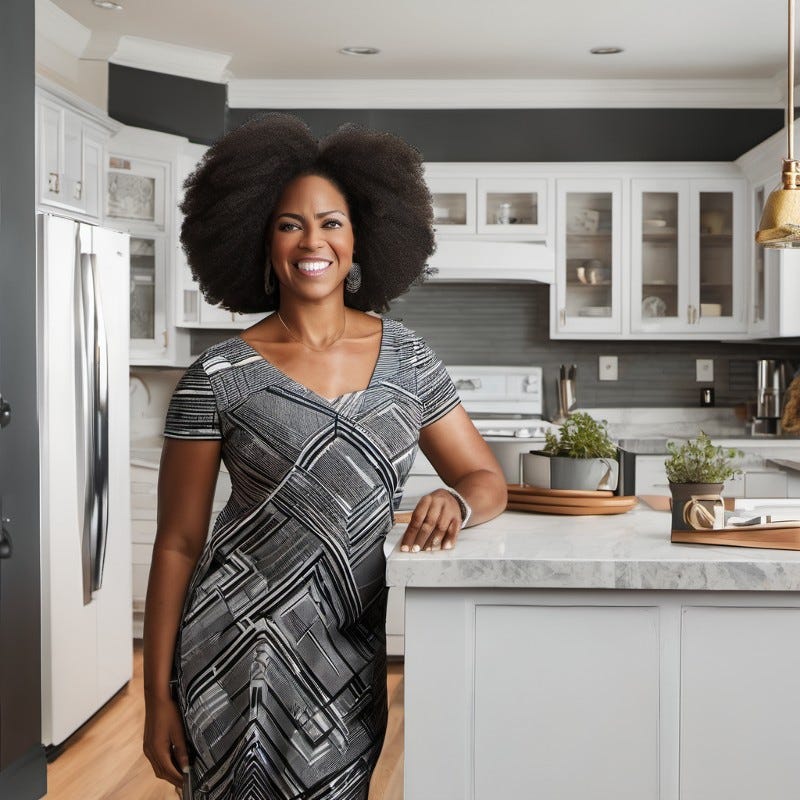How to reserve your reserves
Five ways to save money without charging condo unit owners a special assessment
An attorney friend of mine contacted me yesterday about an upcoming event with a local bar association. A Reserve Specialist was holding a meeting with the subcommittee to speak about the importance of condo association reserves. He recommended that I reach out to the Reserve Specialist for a potential blogging opportunity.
My response, “Condo [owners] know they need reserves. I have yet to run into any condo owner who is not asking about reserves in our condo meetings over the past five years or when I was shopping around. This is like telling condo owners grass is green, in my opinion.”
ADVERTISEMENT ~ Amazon
As an Amazon Affiliate, I earn a percentage from purchases using my referral links.
He replied, “Condo owners know that the grass is green but don't know how much green there should be in the reserve account.”
I started to give another rebuttal but then remembered a two-bedroom condo I was absolutely in love with before I purchased my current home. It had all new appliances, including a washer and a dryer. The cabinets were new. It was located on a quiet block. There were plenty of places to park, which was a mandatory request from me.
I loved the place, but my Realtor took a second look at the condo real estate listing description and told me we needed to leave. I didn’t understand why. She told me they had “no reserves.” As a new homebuyer, I didn’t fully understand what that meant. As a black woman, a demographic that reportedly holds only $3,300 in wealth, we are too used to making the best of a bad situation. While states like Georgia are helping black women make progress in the economy, specifically with programs such as In Her Hands, not having rainy day funds in Illinois was uncomfortably OK to me.
The first of many homebuyer lessons I learned
Almost six years later, as a former condo board president and condo board treasurer, I cringe at my younger-self’s complacency. Nowadays, I would race past my Realtor (who is also a black woman) and not stop running until I was on the passenger side of her car. I do not have the “take what I can get” mentality that I had then nor do I have any desire to be “house poor.” As a newbie though, I just didn’t see the lack of reserves as the problem she was making it out to be.
She then explained to me that if there was a tornado tomorrow and the roof was damaged, the whole association would have to come up with the money to fix it.
I shrugged and said something to the effect of, “People who own single-family homes do that anyway. So what?”
“Shamontiel, I don’t know how they got to zero reserves,” she firmly said. “But a mortgage company will absolutely not sympathize. Their answer will be an automatic no.”
ADVERTISEMENT ~ Amazon
As an Amazon affiliate, I earn a percentage from purchases with my referral links. I know some consumers are choosing to boycott Amazon for its DEI removal. However, after thinking about this thoroughly, I choose to continue promoting intriguing products from small businesses, women-owned businesses and (specifically) Black-owned businesses who still feature their items on Amazon. All five of my Substack publications now include a MINIMUM of one product sold by a Black-owned business. (I have visited the seller’s official site, not just the Amazon Black-owned logo, to verify this.) If you still choose to boycott, I 100% respect that decision.

I pouted about giving up on what looked like a dream home and even tried to convince her a second time after one of the owners was outside and mentioned how much she loved living here. My Realtor smiled politely and kept on marching to her car.
It didn’t take long for me to understand why my Realtor was being so stubborn about this, especially when my mortgage company actually did make a $50K reserves ultimatum a couple of weeks later.
Click here to read about the $50K ultimatum: “Why do reserves matter so much with condo associations? ~ Mortgage companies will let a potential buyer and seller know the purchase potential early on”
Six years into being a condo owner, two of which included being a condo board member, I honestly don’t understand how that association managed to have $0 in their reserves. Nobody wants to pay almost as much for a mortgage as they do with assessment fees (ex. this guy pays $550 in HOA fees per month), but housing expenses will happen. The money has to come from somewhere.
And there are a number of ways to both increase reserves and save money in the process — even with potential repairs, potential lawsuits, regular bill payments and insurance costs.






